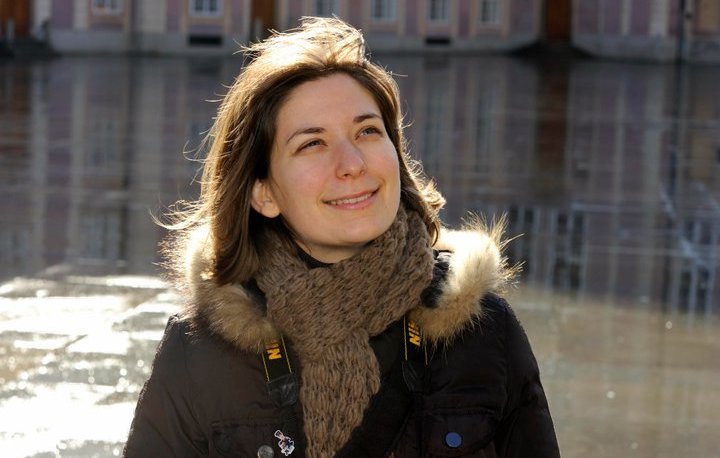If you are familiar with the English word felicity, then you will have no trouble guessing the meaning of our word of the day: felice (happy, cheerful).

Because felice is an adjective that ends in e, the ending only changes when the subject is plural (felici). In the singular, it remains felice regardless of whether the subject is masculine or feminine.
- felice (masculine, singular)
- felice (feminine, singular)
- felici (masculine, plural)
- felici (feminine, plural)
Secondo un sondaggio, gli Italiani tendono ad essere molto felici.
According to a survey, Italians tend to be very happy.

As you can imagine, there are numerous words that share the same origin as felice in Italian including felicità (happiness), felicemente (happily), felicitare (to congratulate), felicitazioni (congratulations) and the proper name given to males Felice (Felix).
In addition to meaning happy, felice can also translate as well-chosen or fitting in some contexts.
Penso che questa traduzione sia poco felice.
I don’t think this translation is very fitting.
A close synonym of felice is the adjective contento, which also translates as glad in English. Whereas felice usually refers to someone’s general state of being, contento is used more when you are happy about something specific, such as passing an exam, and is therefore short-lived.
Ero contento di sentire la voce dei miei genitori dopo un anno senza sentirli.
I was happy to hear my parents’ voices after a year of not hearing from them.
That being said, it is quite acceptable to use felice for short-term feelings of happiness as well.
I bambini sono molto felici di vedere la mamma.
The children are very happy to see their mother.
Finally, the expression avere la mano felice (lit: to have the happy hand) means to have a talent in something or to have a skill.
Heather Broster is a graduate with honours in linguistics from the University of Western Ontario. She is an aspiring polyglot, proficient in English and Italian, as well as Japanese, Welsh, and French to varying degrees of fluency. Originally from Toronto, Heather has resided in various countries, notably Italy for a period of six years. Her primary focus lies in the fields of language acquisition, education, and bilingual instruction.


